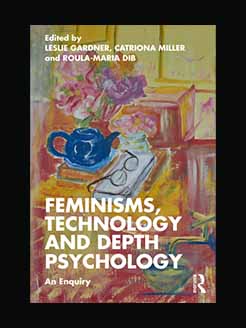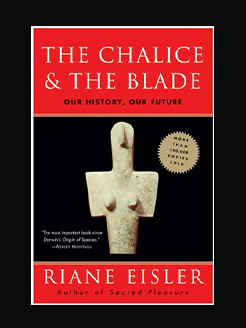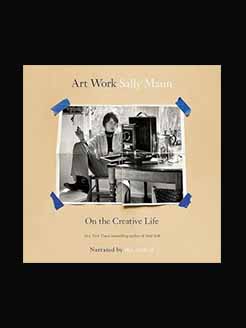Published in 2019
336 pages
Melanie Mitchell is a professor of computer science at Portland State University. She has worked at the Santa Fe Institute and Los Alamos National Laboratory. Her major work has been in the areas of analogical reasoning, complex systems, genetic algorithms and cellular automata, and her publications in those fields are frequently cited.
She received her PhD in 1990 from the University of Michigan under Douglas Hofstadter and John Holland, for which she developed the Copycat cognitive architecture. She is the author of “Analogy-Making as Perception”, essentially a book about Copycat. She has also critiqued Stephen Wolfram’s A New Kind of Science and showed that genetic algorithms could find better solutions to the majority problem for one-dimensional cellular automata. She is the author of An Introduction to Genetic Algorithms, a widely known introductory book published by MIT Press in 1996. She is also author of Complexity: A Guided Tour (2009), which won the 2010 Phi Beta Kappa Science Book Award.
What is this book about?
A sweeping examination of the current state of artificial intelligence and how it is remaking our world
No recent scientific enterprise has proved as alluring, terrifying, and filled with extravagant promise and frustrating setbacks as artificial intelligence. The award-winning author Melanie Mitchell, a leading computer scientist, now reveals AI’s turbulent history and the recent spate of apparent successes, grand hopes, and emerging fears surrounding it.
In Artificial Intelligence, Mitchell turns to the most urgent questions concerning AI today: How intelligent—really—are the best AI programs? How do they work? What can they actually do, and when do they fail? How humanlike do we expect them to become, and how soon do we need to worry about them surpassing us? Along the way, she introduces the dominant models of modern AI and machine learning, describing cutting-edge AI programs, their human inventors, and the historical lines of thought underpinning recent achievements. She meets with fellow experts such as Douglas Hofstadter, the cognitive scientist and Pulitzer Prize–winning author of the modern classic Gödel, Escher, Bach, who explains why he is “terrified” about the future of AI. She explores the profound disconnect between the hype and the actual achievements in AI, providing a clear sense of what the field has accomplished and how much further it has to go.
Interweaving stories about the science of AI and the people behind it, Artificial Intelligence brims with clear-sighted, captivating, and accessible accounts of the most interesting and provocative modern work in the field, flavored with Mitchell’s humor and personal observations. This frank, lively book is an indispensable guide to understanding today’s AI, its quest for “human-level” intelligence, and its impact on the future for us all.







